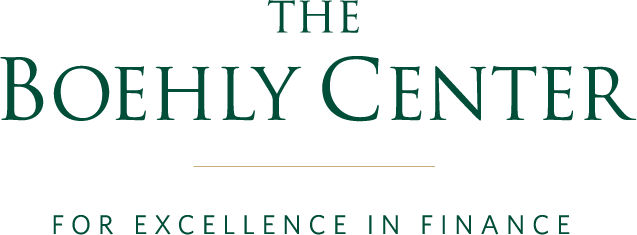(Left to Right, Top to Bottom) David Weissman, Pawan Kc, Ben O’ Neil, Charles Tai, Kendyl George, Maddie Walsh, Julia Beverley, Emily Dumm
Financial Literacy Program Team
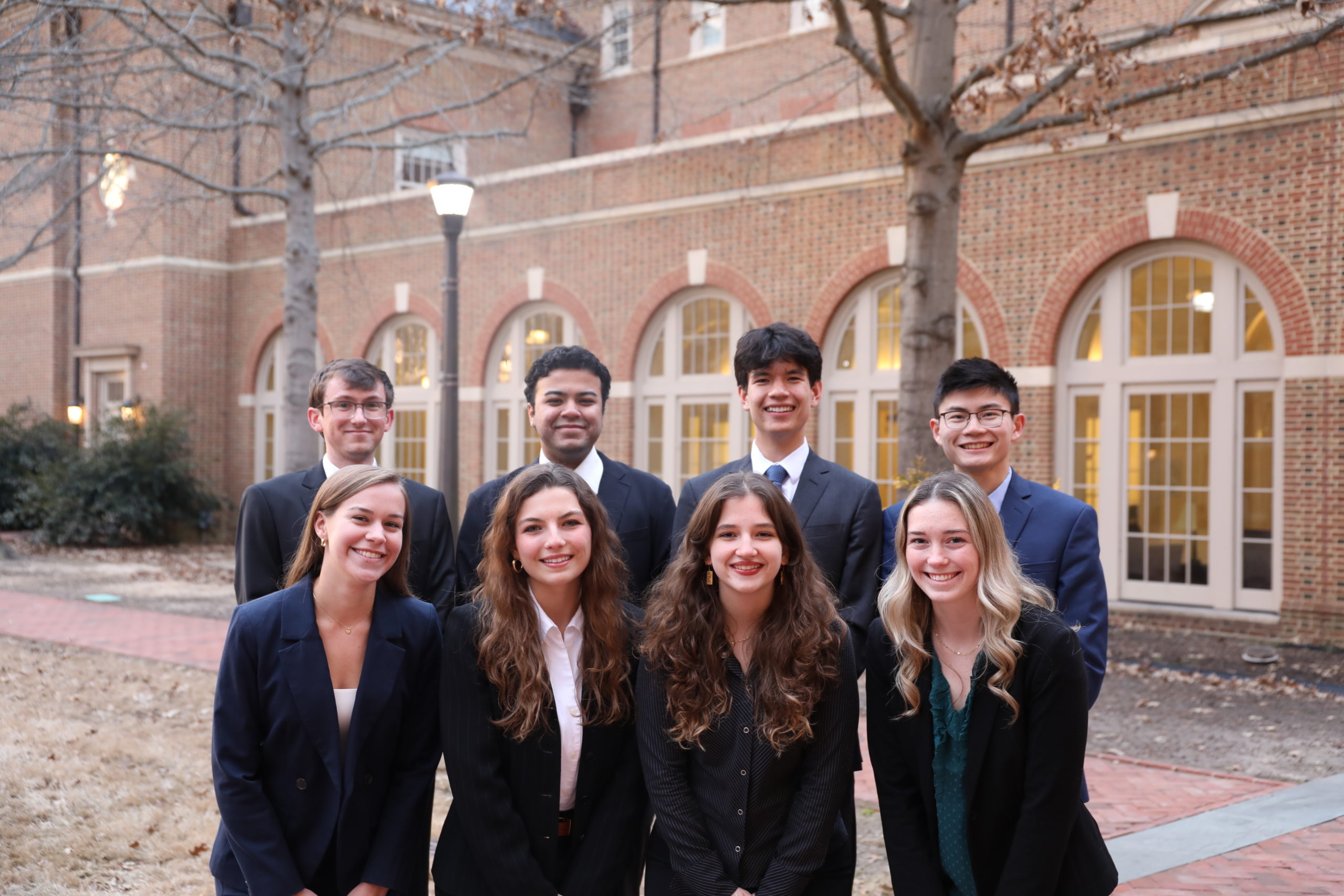

Charles Tai ’24
Coordinator
Finance major, Economics minor
Extracurriculars: Club A Ultimate (Merry Men), Alpha Kappa Psi
Fun fact: Charles has sold stickers to the CEO of MySpace
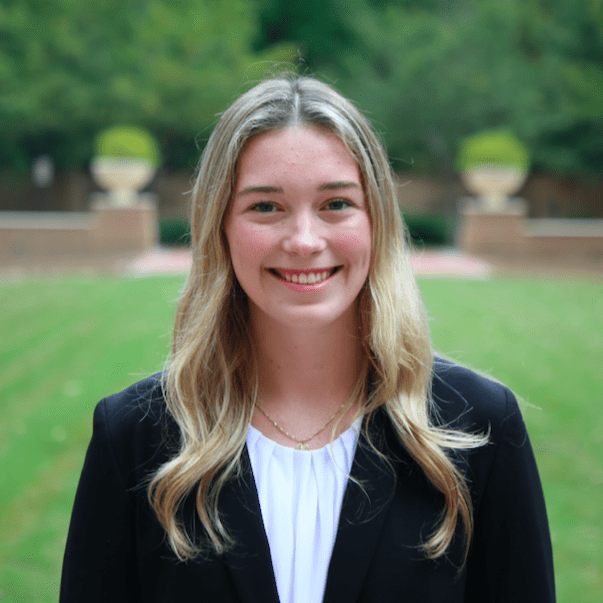
Emily Dumm ’25
Coordinator
Accounting major, Finance concentration
Extracurriculars: Alpha Kappa Psi Executive Board, Kappa Alpha Theta Cabinet
Fun fact: Emily loves to travel
–

David Weissman ’24
Peer Educator
Finance major, Economics minor
Extracurriculars: Finance Academy, Mason Investment Club
Fun fact: David loves to cook
–
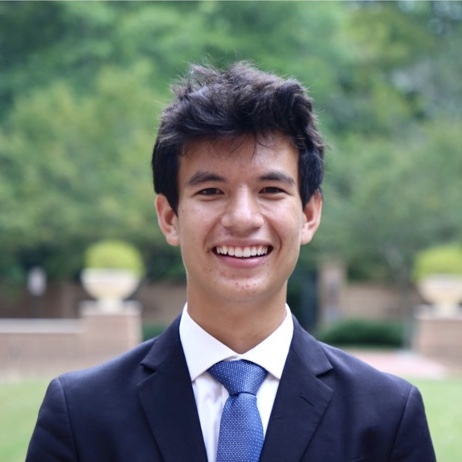
Ben O’Neill ’25
Peer Educator
Finance major, Computer Science Minor
Extracurriculars: Club Ultimate Frisbee A, Finance Academy, Filipino American Student Association
Fun fact: Ben used to have pet mice

Julia Beverley ’26
Peer Educator
Data Science major, Business Analytics minor
Extracurriculars: Latin American Student Union, Student Unions and Engagement
Fun fact: Julia was born in Brazil
–
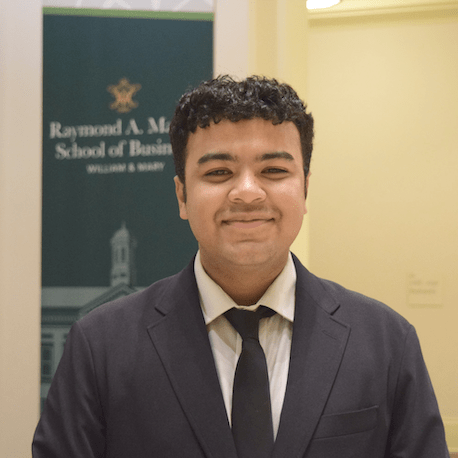
Pawan Kc ’26
Peer Educator
Business Analytics major, Psychology minor
Extracurriculars: Alpha Kappa Psi, Consulting Club, Finance Academy
Fun fact: Pawan’s favorite food is poke
–
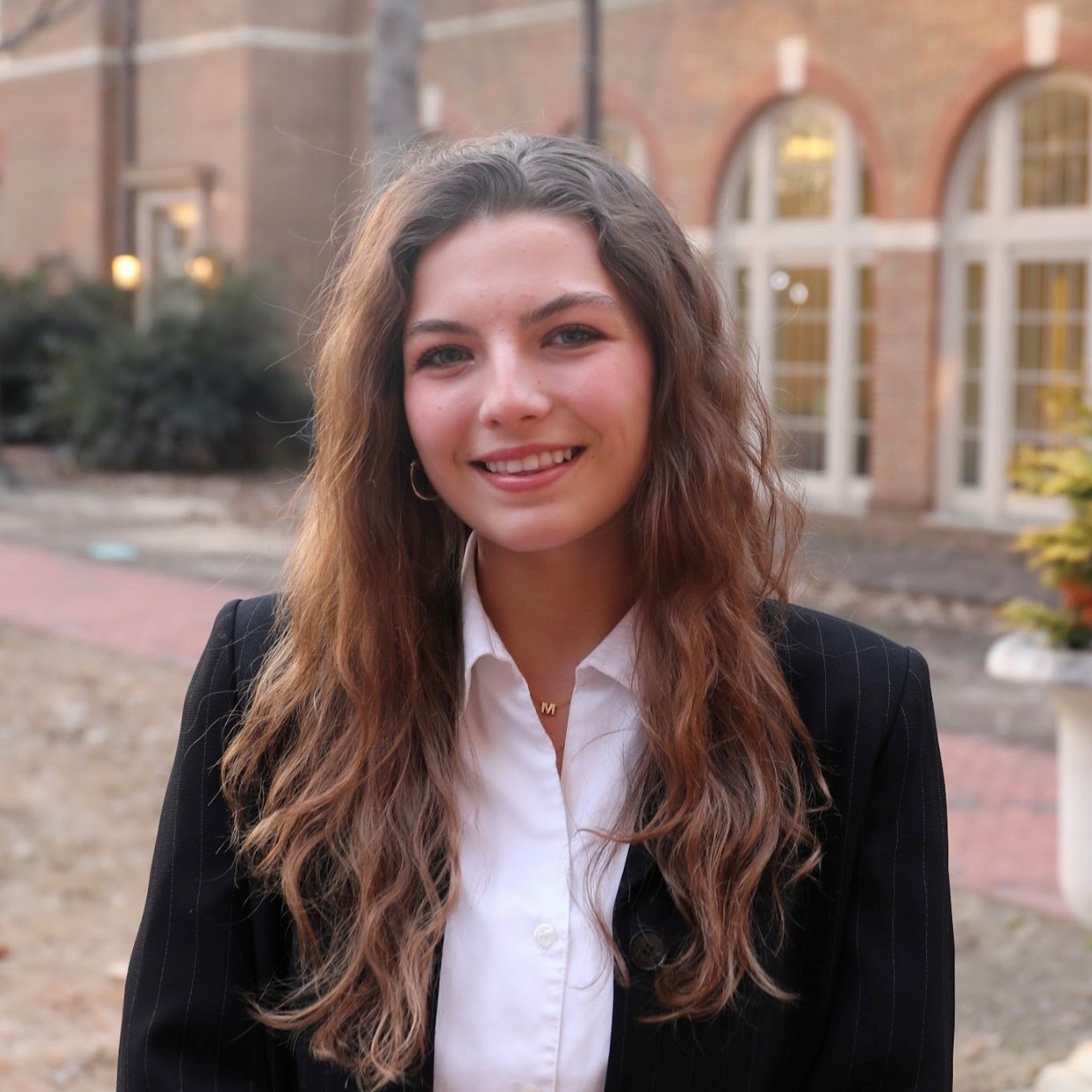
Maddie Walsh ’26
Peer Educator
Economics and Finance Major
Extracurriculars: Tribe Innovation, Reveille Acapella
Fun fact: I love interior design!!
–
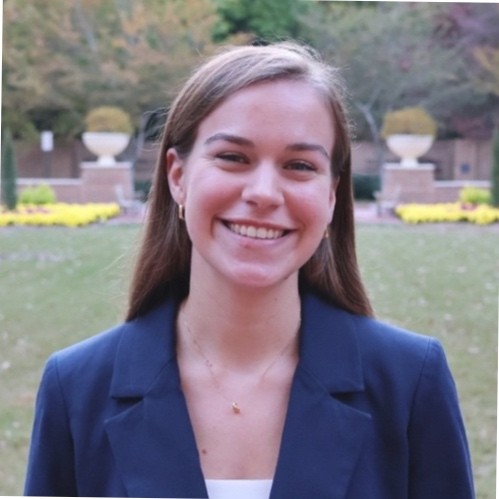
Kendyl George ’26
Peer Educator
Finance major, Economics Minor
Extracurriculars: Alpha Kappa Psi, InterVarsity, W&M Women’s Stock Pitch Team 2024
Fun fact: Kendyl ate a scorpion in Bangkok
Former Peer Educators
Raman Khanna ’21
Your First Job
Finance major, Data Science minor
Ignas Vismantas ’21
Graduate School
Finance major
Liberty Bassett ’22
Peer Educator
Accounting and Art History double major
Meghana Boojala ’22
Introductory Personal Finance Topics
Finance and Religious Studies double major
Olivia Naughton ’22
Student Loans
Government major, Management and Organizational Leadership minor
Cameron Beck ’23
Peer Educator
Finance major, Mathematics minor
Grace Kuai ’23
Peer Educator
Finance major
Emily Lo ’23
Your First Job
Business Analytics major
Ben Simon ’23
Peer Educator
Accounting major
Sumaiyah Fatima ’22
Peer Educator
Accounting and Philosophy double major
Samuel Gruber ’24
Peer Educator
Psychology major
Nicholas Kwasnik ’24
Peer Educator
Applied Mathematics major
Alex Sadid ’24
Peer Educator
Finance major
Brayan Juarez ’23
Peer Educator
Accounting and Economics double major
Brooke Hemingway ’25
Peer Educator
Economics and History double major
